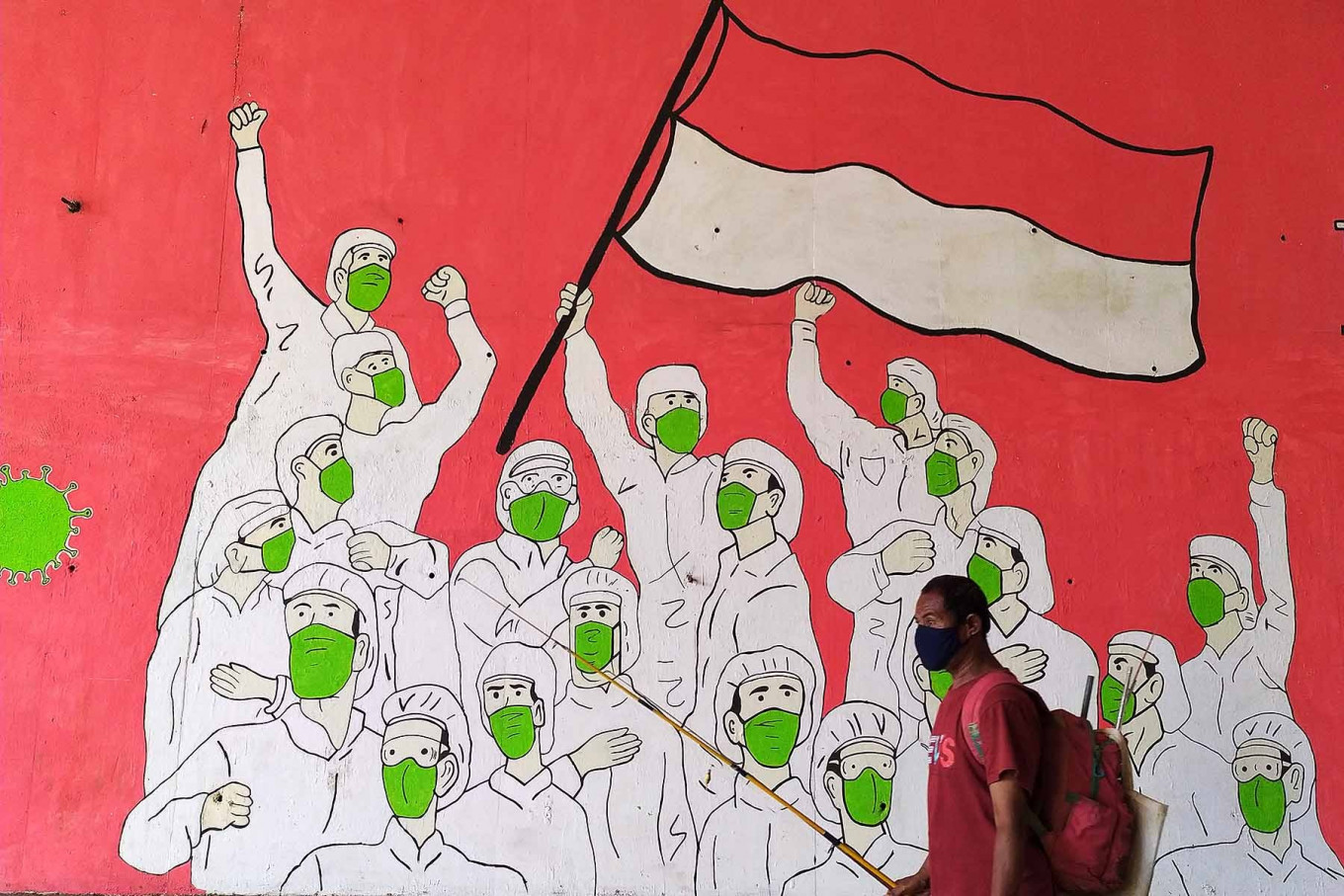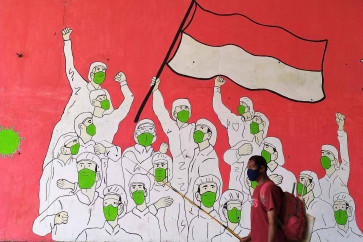Popular Reads
Top Results
Can't find what you're looking for?
View all search resultsPopular Reads
Top Results
Can't find what you're looking for?
View all search resultsWill IDI split lead to reforms in the medical sector?
The newly established PDSI indicates a need to reform the country's medical system.
Change text size
Gift Premium Articles
to Anyone
T
he establishment of the All-Indonesia Doctors’ Association (PDSI), apparently as a splinter group of the government-sanctioned Indonesian Medical Association (IDI), has sparked heated debate. The PDSI was formed following the dismissal of former health minister Terawan Agus Putranto from IDI for ethical misconduct.
However, the split could be a blessing in disguise, as it opens up an opportunity for long-awaited reforms in the country’s health service and education, things that, at least to date, the IDI has yet to deliver.
On the one hand, we have to admit that the IDI’s bold action against Terawan is deserving of praise. Medical ethics not only maintains a doctor’s professional integrity, but also protects the public from irresponsible medical practices that a doctor may knowingly or unknowingly conduct.
On the other hand, we have to acknowledge that the IDI, as a professional organization, is very susceptible to abuse of power. Unfortunately, many IDI members are not aware of this.
In terms of its authority, not only does the IDI regulate how doctors practice medicine, but it is also involved in medical education, even though it is not an educational organization. More importantly, IDI membership is mandatory for all Indonesian doctors. Therefore, it regulates almost every aspect of Indonesian doctors’ activities related to medical services and education.
In this regard, the IDI is a superpower institution, so it plays a greater role than the Health Ministry as the highest governing body in the health sector when it comes to regulating clinical practices. For example, a doctor needs the IDI’s recommendation in order to obtain a medical license and fulfill their mandatory medical residency.
Moreover, the IDI conducts, regulates, accredits and approves continuing medical education (P2KB), which is required of doctors for relicensing.



















